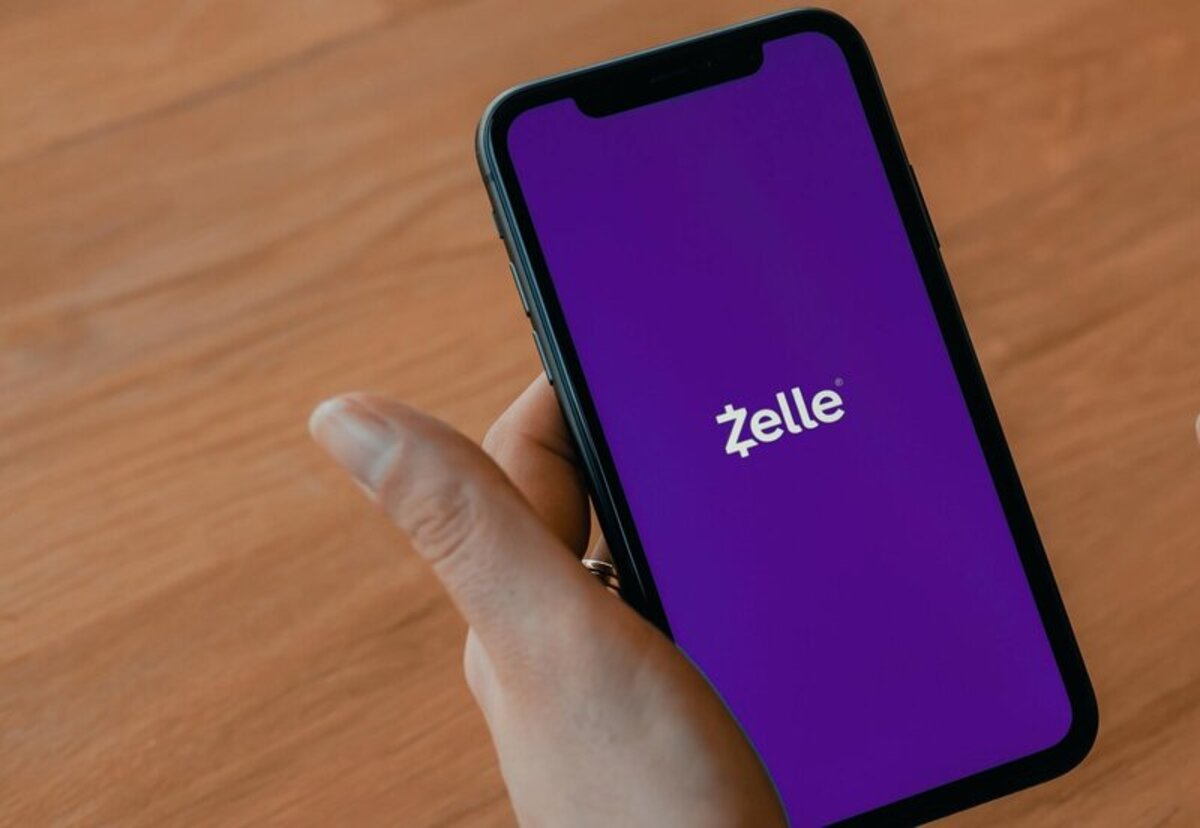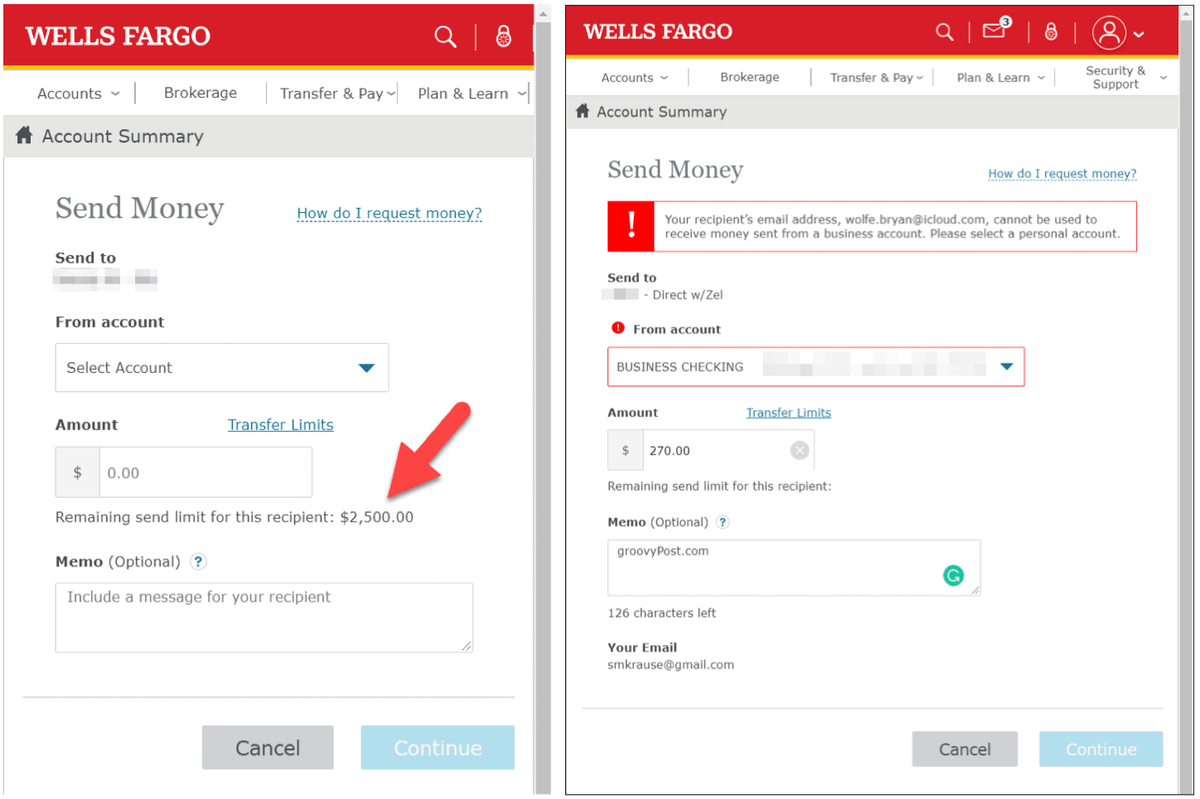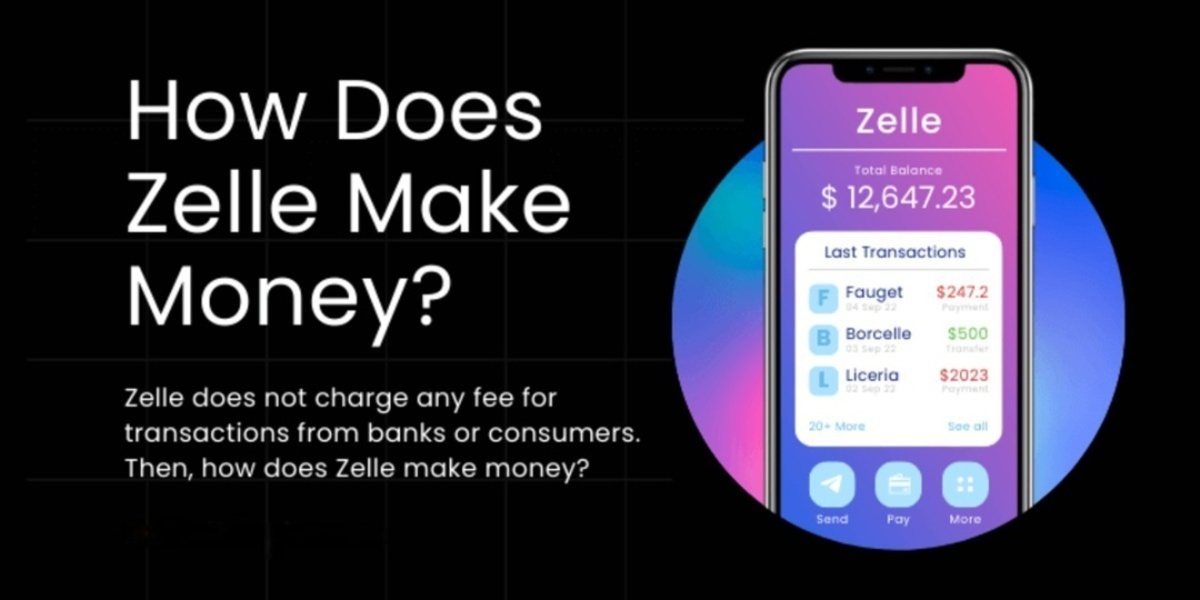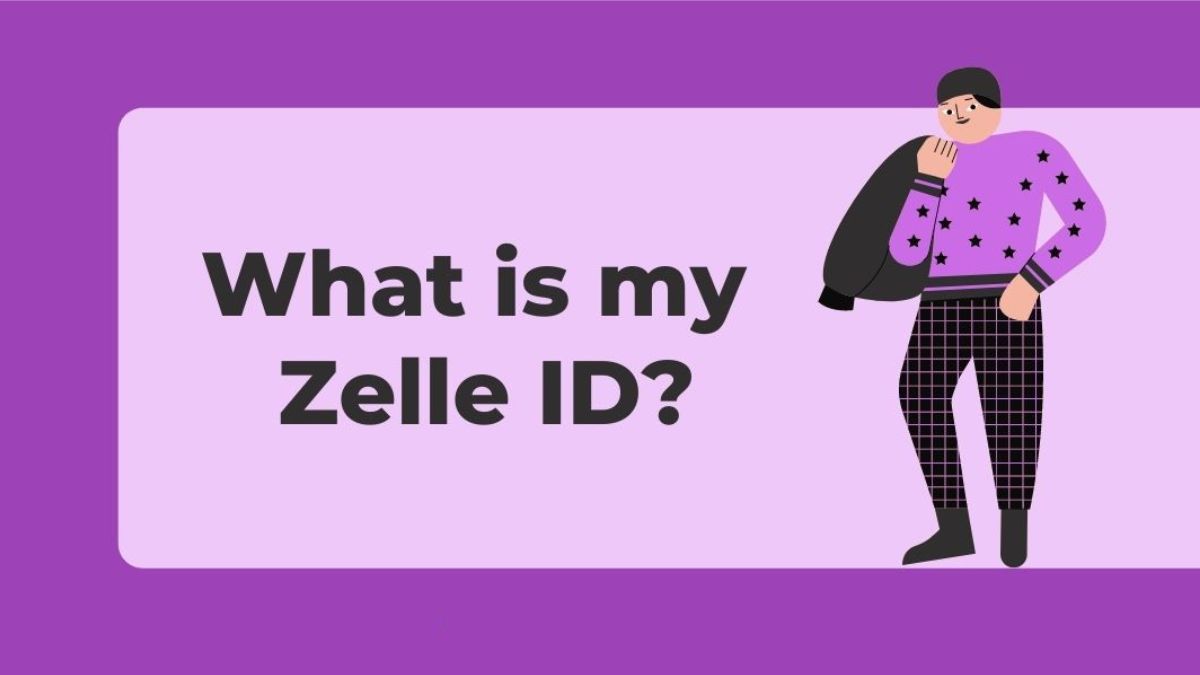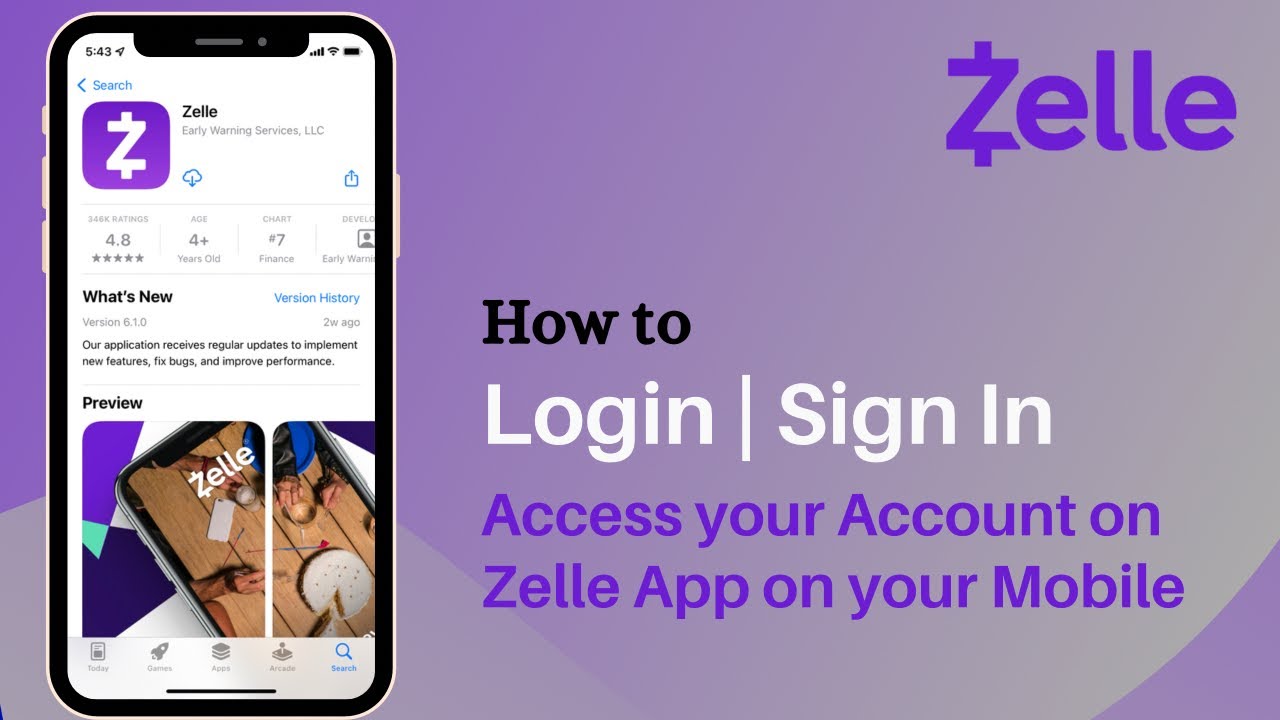Introduction
Zelle is a widely used digital payment service that allows users to send and receive money quickly and conveniently. With its popularity on the rise, many people are considering using Zelle as their go-to method for transferring funds. However, like any financial service, Zelle has its share of pros and cons that users should be aware of before making a decision.
In this article, we will explore the advantages and disadvantages of using Zelle. By examining these aspects, you can better understand whether Zelle is the right choice for your personal or business needs.
It’s important to note that Zelle is primarily used within the United States, and it’s commonly integrated into various banking apps and online platforms. With just a few clicks, users can send money to family, friends, or even make payments for goods and services.
Now, let’s dive into the pros and cons of using Zelle to help you make an informed decision.
Pros of Zelle
Zelle offers several advantages that make it a convenient and efficient digital payment service. Here are some of the pros of using Zelle:
- Speed and Convenience: One of the biggest advantages of using Zelle is the speed of transactions. Money can be sent and received instantly, eliminating the need for checks or cash. Additionally, Zelle is available 24/7, allowing users to make payments whenever they need to, without being restricted by banking hours.
- Integration with Major Banks: Zelle is integrated with a wide range of major banks and financial institutions, making it easily accessible to millions of users. This integration allows for seamless transfers between accounts, without the need for additional setup or third-party apps.
- No Additional Fees: Zelle does not charge any additional fees for sending or receiving money, making it a cost-effective option for users. Unlike some other payment apps or services, there are no transaction fees or hidden charges.
- User-Friendly Interface: Zelle has a user-friendly interface that is easy to navigate, even for those who are not tech-savvy. The process of sending and receiving money is straightforward and requires only a few steps, making it a convenient option for individuals of all age groups.
- Secure Transactions: Zelle employs advanced security measures to protect users’ financial information and transactions. It utilizes encryption and authentication protocols to ensure that personal and financial data is kept safe and secure.
These are just a few of the many advantages of using Zelle for digital payments. Its speed, convenience, integration with major banks, no additional fees, and robust security measures make it an attractive option for individuals and businesses alike.
Cons of Zelle
While Zelle offers numerous benefits, it’s essential to consider the potential downsides before fully embracing the platform. Here are some of the cons of using Zelle:
- Limited Availability: Zelle is primarily available for use within the United States. If you frequently send or receive money internationally, you may find that Zelle’s reach is limited compared to other international payment services.
- Irreversible Transactions: Once a payment is sent through Zelle, it is typically irreversible. Unlike with credit card payments or other methods where you have more protection against fraudulent transactions, Zelle payments are immediate and cannot be easily reversed if an issue arises.
- No Buyer or Seller Protection: Zelle is primarily intended for transferring money between friends, family, or individuals you trust. As such, it does not offer buyer or seller protection for transactions involving goods or services. If you are using Zelle for business transactions, it’s important to be cautious and ensure you’re dealing with reliable individuals or entities.
- Potential Account Disputes: In the event of a dispute or unauthorized transaction, the resolution process with Zelle can be more challenging compared to traditional banking channels. While Zelle has a dispute resolution process, it may take time and effort to resolve any issues that arise.
- Dependency on Banking Partners: Zelle’s availability and functionality depend on its partnership with various banks and financial institutions. If your bank does not offer Zelle or has limited integration, you may not be able to use the service to its full potential.
These cons should be taken into consideration when deciding whether or not to use Zelle for your digital payment needs. Understanding the limitations and potential risks can help you make an informed decision and take the necessary precautions to protect yourself and your finances.
Conclusion
After examining the pros and cons of using Zelle as a digital payment service, it’s clear that the platform offers many advantages, such as its speed, convenience, integration with major banks, no additional fees, and secure transactions. These features make it a popular choice for individuals and businesses looking for a quick and reliable way to send and receive money.
However, it’s important to consider the limitations of Zelle as well. Its limited availability for international transfers, irreversible transactions, lack of buyer or seller protection, potential account disputes, and dependency on banking partners are factors that users should be aware of and take into account before fully embracing the platform.
Ultimately, the decision to use Zelle will depend on your specific needs and circumstances. If you frequently transfer funds within the United States and prioritize speed and convenience, Zelle can be an excellent option. However, if you require international transfers or additional layers of transaction security, alternative payment methods may be more suitable.
It’s crucial to conduct thorough research, assess your personal requirements, and weigh the pros and cons to determine whether Zelle aligns with your financial goals and preferences. With the right understanding and careful consideration, you can leverage the benefits of Zelle while minimizing any potential drawbacks.









